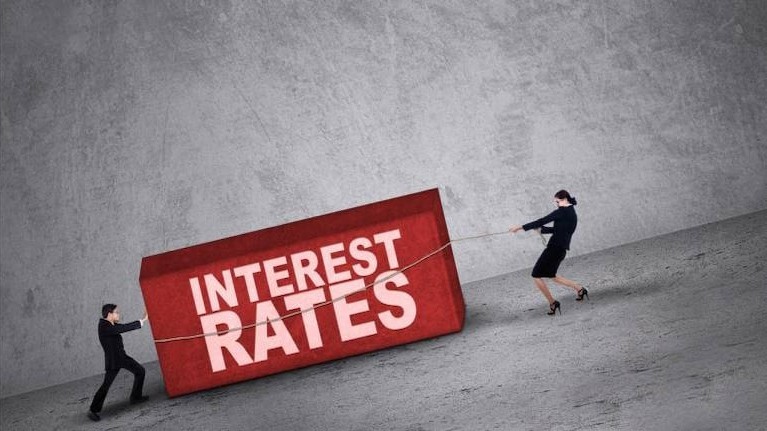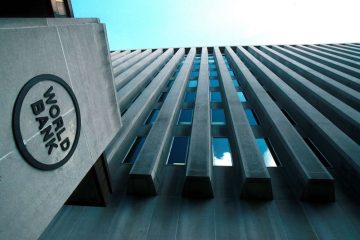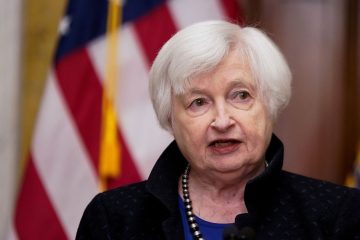Interest Rates Are Set to Stay High for the Long Term

Even while interest rates appear rather high compared to the past fifteen years or so, a robust economy and respectable stock market returns are certainly feasible, contrary to what many on Wall Street have recently experienced.
Pay more attention to the Fed’s final destination and less to when they will begin cutting after another warm inflation data.
The possibility that U.S. interest rates may remain up for a longer period than anticipated is becoming a familiar concept to investors. On the whole, that’s not a terrible thing.
For the second consecutive month, inflation has registered at a somewhat higher level than anticipated. According to the Labor Department’s report on Tuesday, the core consumer-price index for February was 3.8% higher than the same month last year. This index does not include gasoline and food prices. Economists had predicted a 3.7% increase, so while it was down from January, it was still better than expected.
Optimists and pessimists may find something to cling to in the statistics. Inflation in housing costs decelerated in February to 0.4% from 0.6% in January. This also led people to believe that January’s unusually high score in that category was an outlier. Contrarily, clothing costs increased 0.6% after experiencing deflation.
From a broader perspective, the data from the past two months suggests that inflation is still declining, but at a slower rate than many had predicted at the beginning of the year. Inflation could become sticky enough to discourage the Federal Reserve from easing monetary policy, which would be a problem.
The markets, in contrast to the January print, were unfazed by Tuesday’s CPI report. An increase of 0.05 percentage point brought the yield on the 10-year Treasury note up to 4.154%, signaling a little increase in rates. In fact, stock prices rose, with the Nasdaq adding 1.5 percent and the S&P 500 adding 1.1%. According to the CME FedWatch tool, the probability of a quarter-point decrease by the Fed at their June meeting, as suggested by futures pricing, remained relatively unchanged at 62% from 59% the day before.
Obviously, the location of the Fed’s final decision will have a greater influence on markets and the economy than the timing of its announcement. Markets had already priced in an 81% probability—presuming at least four quarter-point cuts—that the Federal Reserve’s key policy rate would be one percentage point lower than its present level by year’s end, prior to the January CPI report. That number is now below 50%. The market is now more in line with the expectations of the Federal Reserve’s policymakers, who had previously planned three cuts for this year during their most recent meeting.
In the long run, the argument will center on the post-pandemic economy and the so-called neutral rate. Assuming inflation stays within target range, this is the “just-right” interest rate scenario in theory that would lead to the lowest feasible unemployment rate. during what seemed like an eternity during the financial crisis of 2008–2009, when it appeared to have permanently drifted down, many economists now believe this illusive rate has moved higher. If so, the Federal Reserve will likely refrain from lowering interest rates beyond the end of this year. However, this would also be indicative of a robust economy, as variables such as the need for equipment by enterprises would drive up rates.
Even while interest rates appear rather high compared to the past fifteen years or so, a robust economy and respectable stock market returns are certainly feasible, contrary to what many on Wall Street have recently experienced. Go no farther than the decade of the 1990s.
Wall Street may be weaning itself off its addiction to low rates if Tuesday’s market action—with stocks soaring despite somewhat increased rate expectations—is seen in this perspective. I think that would be really motivating.










